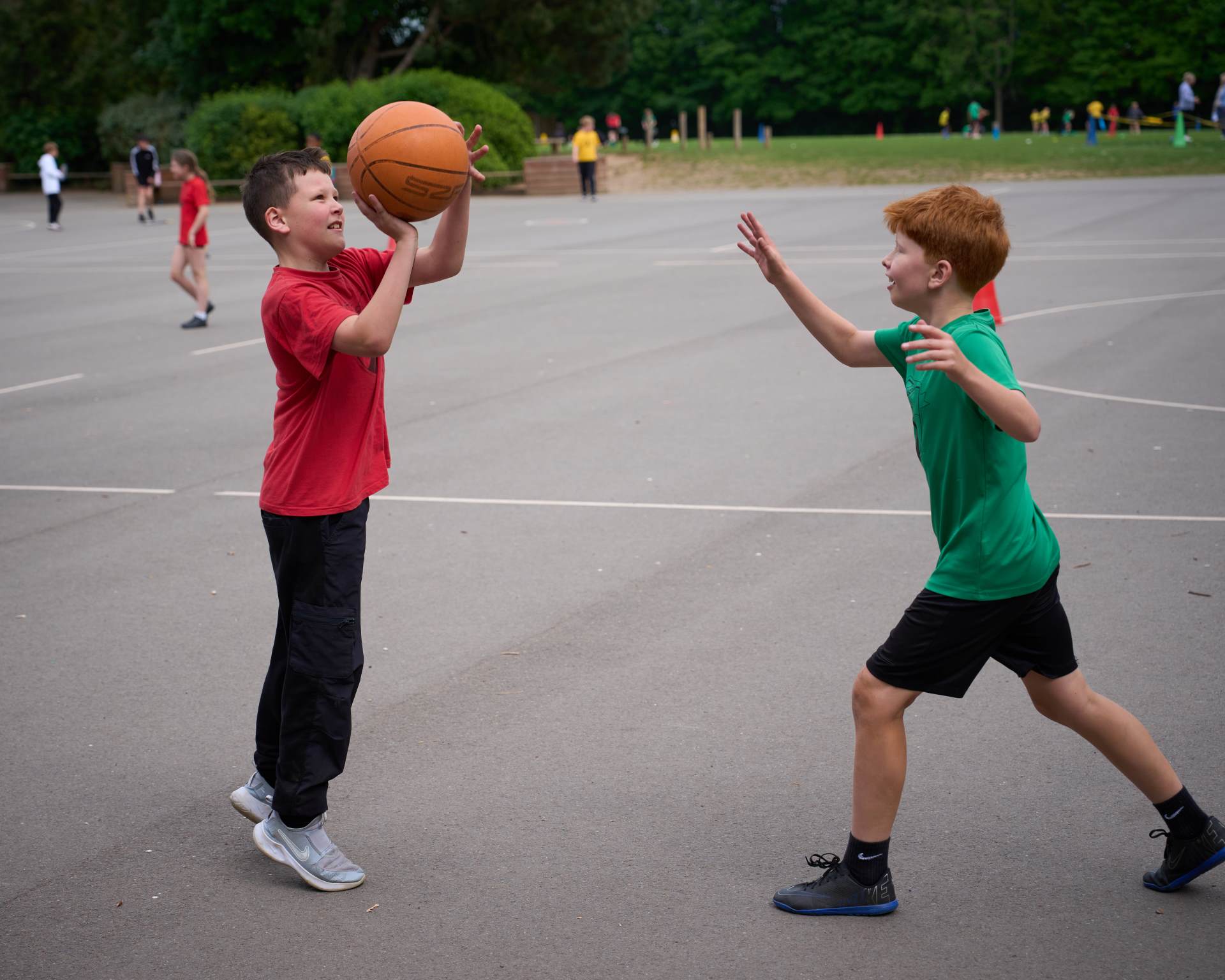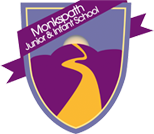Physical Education

At Monkspath School, our PE curriculum promotes physical confidence, teamwork, and a lifelong love of movement and sport. We aim to provide all pupils with a high-quality physical education that supports their physical, social, and emotional development. Our curriculum follows the National Curriculum for Physical Education.
What We Teach
Our PE curriculum enables children to:
- Develop competence in a broad range of physical activities.
- Be physically active for sustained periods of time.
- Engage in competitive sports and activities.
- Lead healthy, active lives.
Children learn fundamental movement skills, team games, dance, gymnastics, athletics, and outdoor adventurous activities. We also teach swimming and water safety in line with national expectations.
How We Teach
PE is taught through:
- Lessons across all year groups, delivered by teachers and specialist coaches.
- A broad and balanced programme that includes individual, team, and creative physical activities.
- Opportunities to compete in intra-school and inter-school events.
We use a progressive curriculum that builds skills year-on-year and promotes enjoyment, resilience, and fair play. Our approach supports all pupils, including those with additional needs, to participate fully and confidently.
We teach swimming to all children in Year 3, where pupils swim every day for a four-week block in the summer term. Children in Year 6 who are unable to swim at least 20 metres unaided also receive lessons during this time. To deliver these, a temporary swimming pool is erected on the school playground, complete with a qualified swimming teacher and lifeguard. This intensive programme ensures all pupils gain confidence in the water and make strong progress in swimming and water safety.
Enrichment and Extra-Curricular Opportunities
We offer a wide range of extra-curricular sports and physical activities, led by both school staff and external providers. In recent years, these have included:
- Football
- Netball
- Multi-sports
- Athletics
- Running club
These clubs provide opportunities for pupils to develop teamwork, leadership, and sporting excellence, and to represent the school in local competitions and festivals.
What Children Learn and How We Assess
Children develop physical literacy, coordination, and confidence. They learn to:
- Master key skills such as running, jumping, throwing, catching, and balancing.
- Apply tactics and strategies in games and challenges.
- Reflect on their performance and set personal goals.
Assessment includes:
- Observation and feedback during lessons.
- Pupil voice and self-assessment.
- Monitoring of participation and progress across the curriculum.
This ensures pupils are making progress and developing secure physical skills and healthy habits for life.


